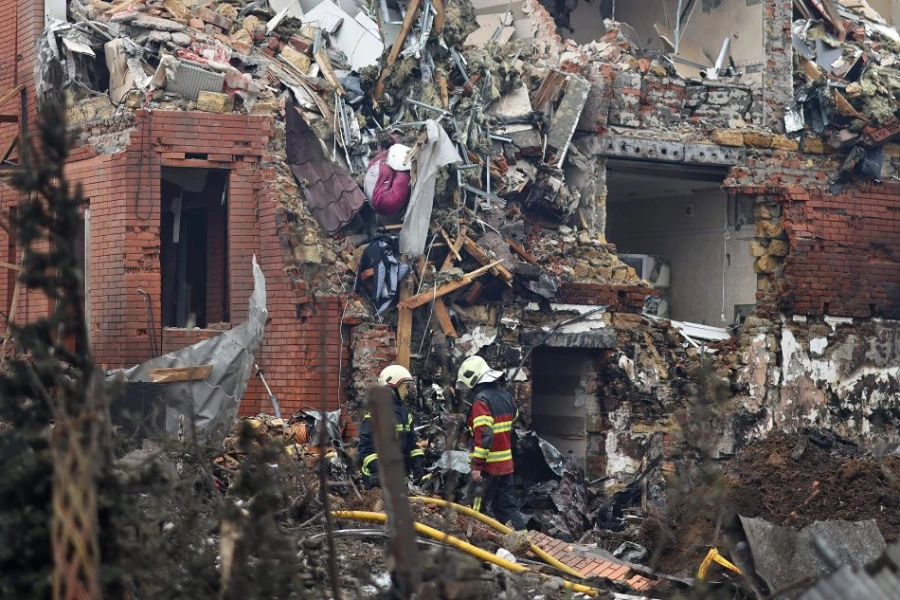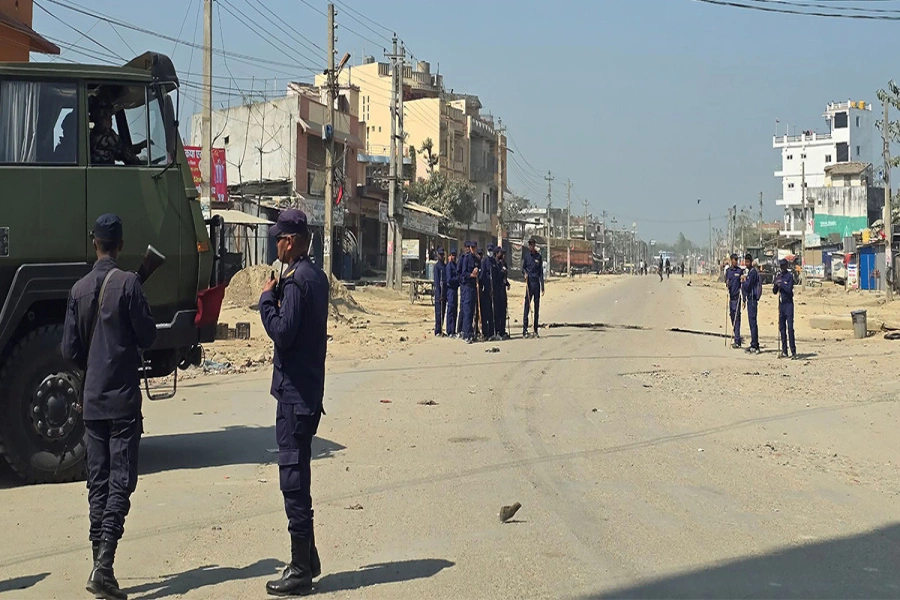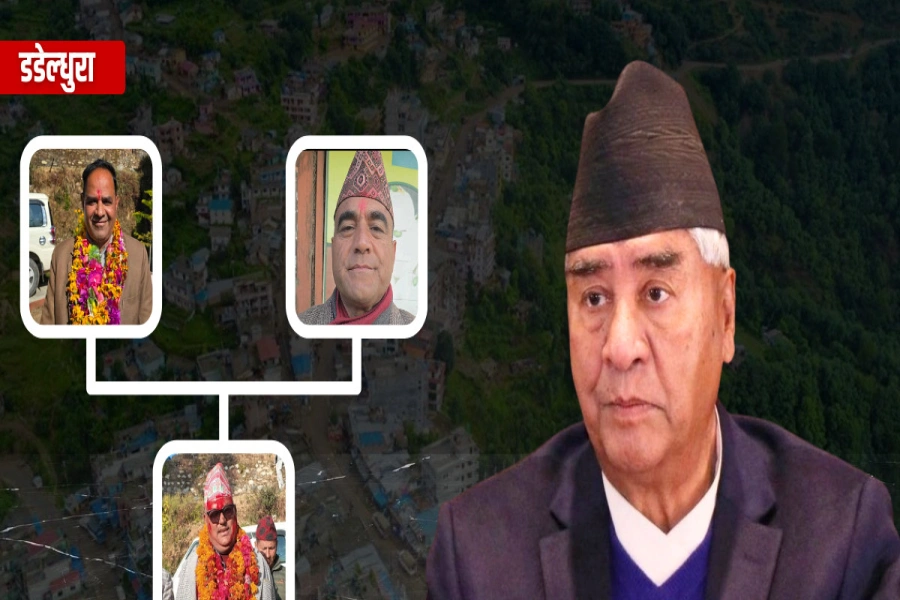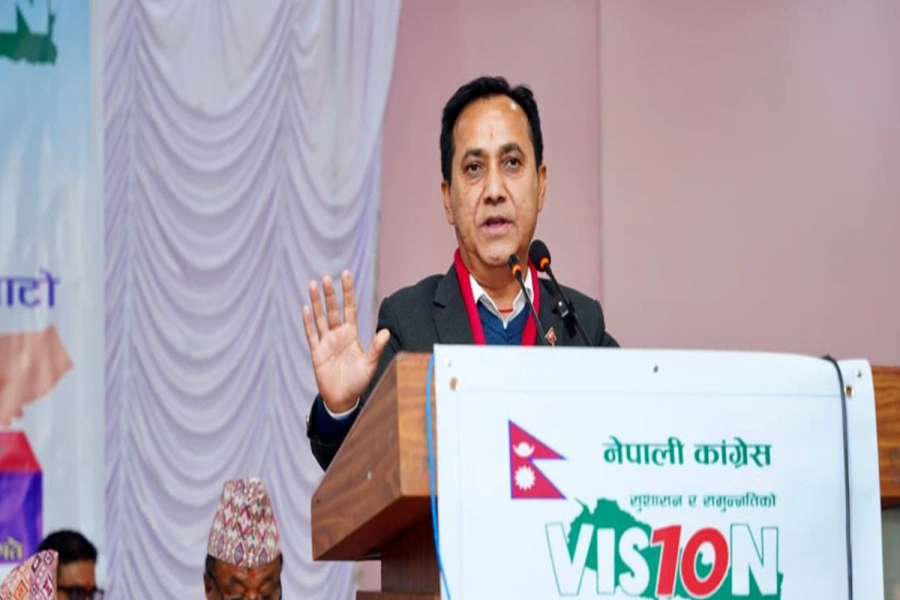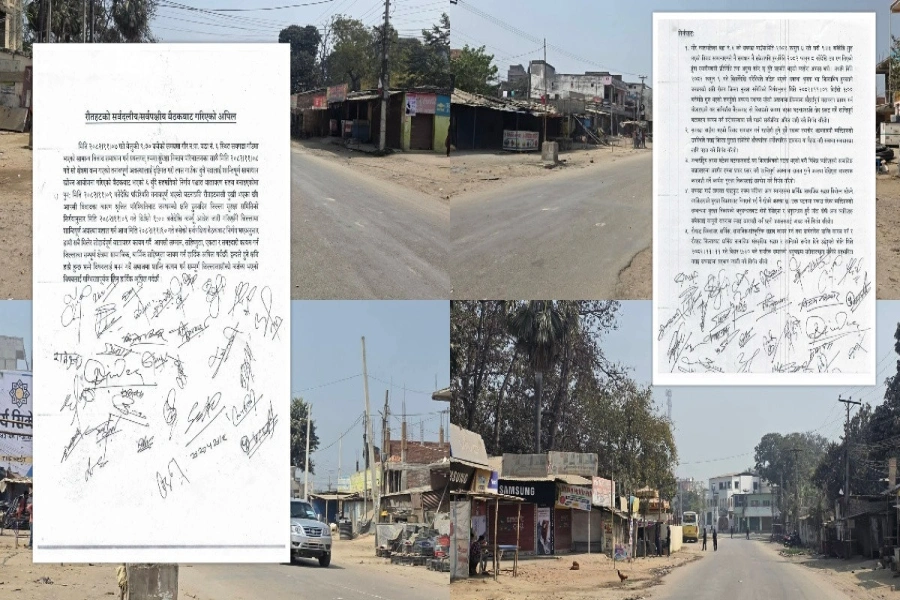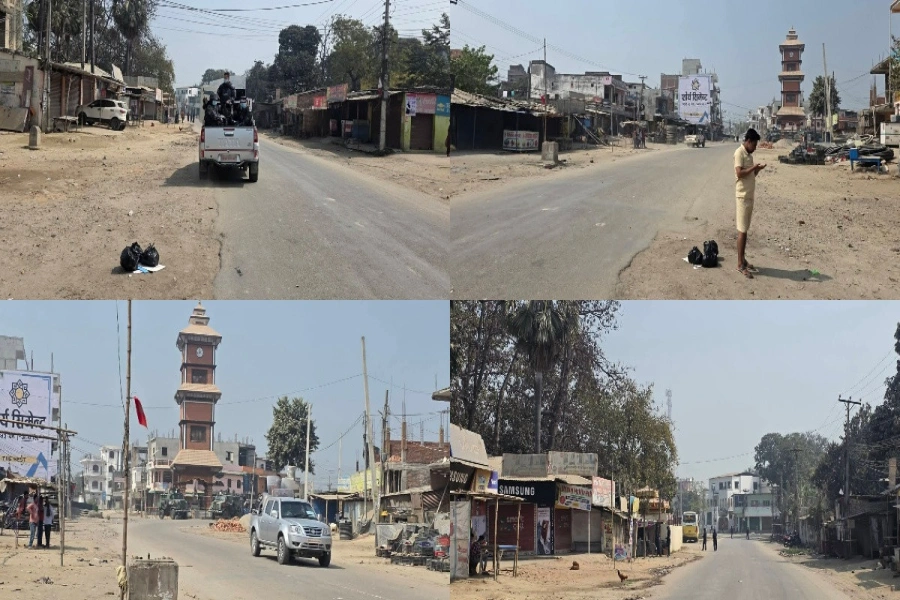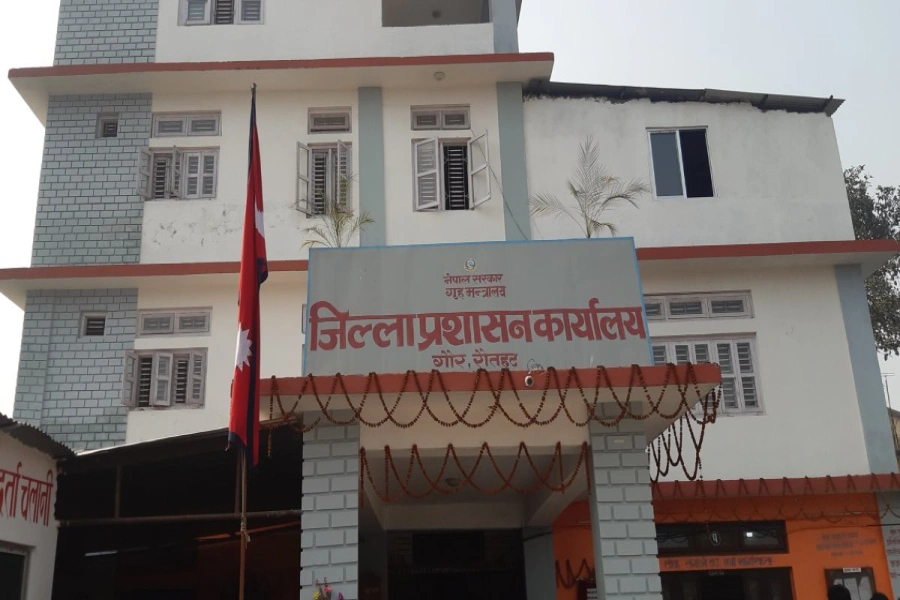With the charger, Jimba, a single mother of four children, does not only charge her own cell phone battery but those of others as well. She charges other slum dwellers Rs 5 per re-charge.
Around 250 families reside in the settlement with each family possessing at least two cell phones.
RECED provided her the cell phone charger to enable her to make an earning.
“After my husband went missing since the Maoist insurgency, I came to Kathmandu with my children. Since then, I have been working as a domestic help to eke out a living. But educating my children always stood as a challenge. I hope the solar charger will help with my finances,” said she, a conflict victim who originally hails from Sindhuli.
RECED, with support from an American organization Solar Kits for Change, is planning to provide similar mobile phone chargers to at least 30 people from poor financial backgrounds in the Kathmandu Valley.
"The program aims to uplift the living standards of a particular community. In the first phase, we will focus on the squatters. If the initiative becomes successful then we will extend the program to villages,” said Subrabhat Basnet, president of RECED.
Jeff Lahay, designer of the solar charger said, the solar chargers were assembled locally so repair and maintenance will not be difficult. He said a charge can re-charge two cell phones at a time.
“As the chargers use renewable [solar] energy, they also help conserve environmental degradation in the city,” said he, adding, the per unit cost of the charger is US$ 25.
‘We become victim of cell phone addiction without even realizin...



